Getting Started
Accounts
Workspaces
Seller's Portal
Curating a Project Template
Last Updated: 12 Nov 2024
A Project Template is a pre-defined structure that provides a starting point for a new project. It includes activities, related checklists, critical milestones, teams involved, roles and potential risk items, which are tailored for a particular type of project. Project templates help streamline the setup process, enforce consistency across similar projects and ensure best practices are applied from the beginning.
This guide is to help you to curate a new or maintain existing project template for the marketplace.
- Navigate to Project Listing Page.
- Click on the Create button to create a new product.

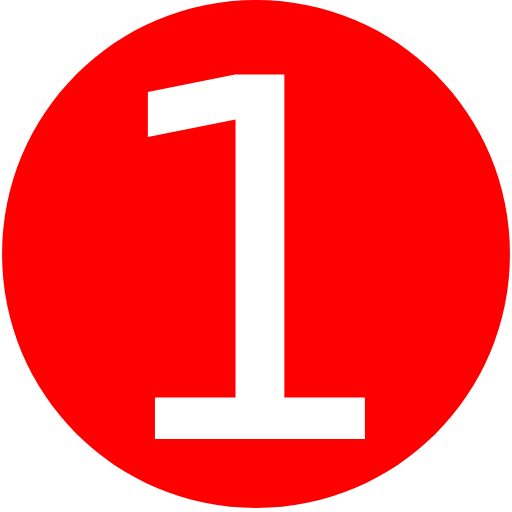 Add A Language: The default language is English. You may add additional languages for your product to reach a wider audience.
Add A Language: The default language is English. You may add additional languages for your product to reach a wider audience.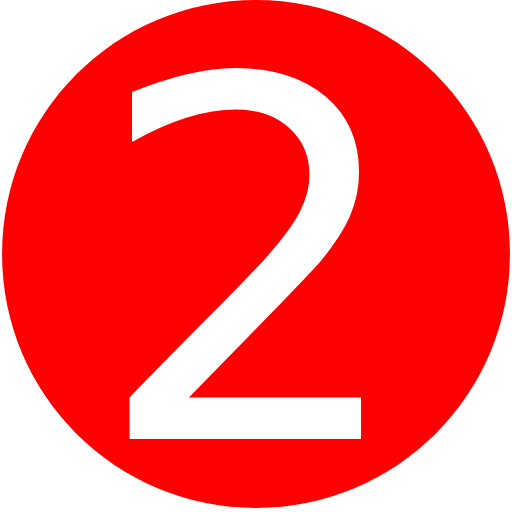 Product Name: Give your product a name. This will appear as the product title in the marketplace when it's published. Be consise, descriptive and direct.
Product Name: Give your product a name. This will appear as the product title in the marketplace when it's published. Be consise, descriptive and direct.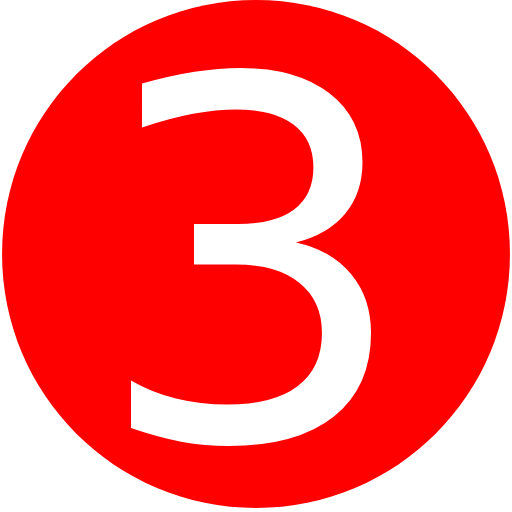 About this Product: This is where you market your product and attract your consumers. Give a much detail as possible without going overboard. This will appear as the product description in the marketplace when this product is published.
About this Product: This is where you market your product and attract your consumers. Give a much detail as possible without going overboard. This will appear as the product description in the marketplace when this product is published.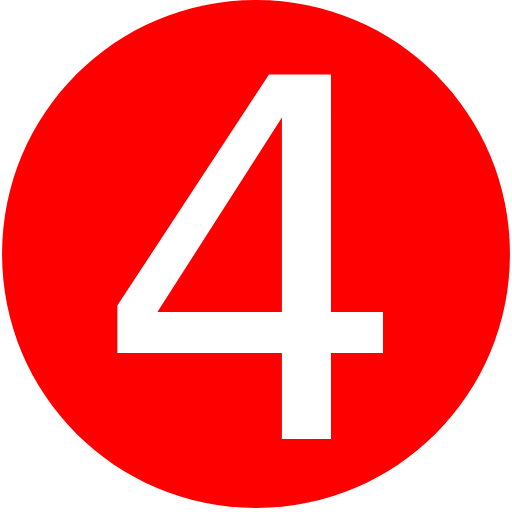 Product Type: Select Project button for Project Template.
Product Type: Select Project button for Project Template.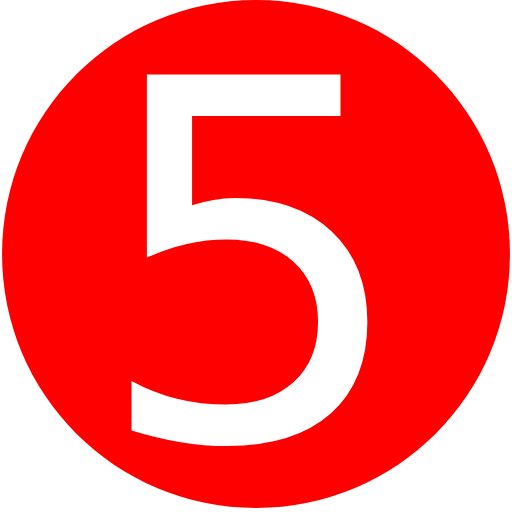 Save Button: Click this button to save your product. Save your product frequency to avoid any missing updates.
Save Button: Click this button to save your product. Save your product frequency to avoid any missing updates. Preview Button: Click this button to view how your product will look like in the markeplace.
Preview Button: Click this button to view how your product will look like in the markeplace. -
Teams are used in Activities assignment in the Project Template. It helps to establishes clear roles and responsibilities from the start, promoting smoother collaboration and better resource management.

 Project Description: This is where you describe your Project Template. It's recommended to include a brief description of this template and describe how to use it.
Project Description: This is where you describe your Project Template. It's recommended to include a brief description of this template and describe how to use it. Teams: Click this button to show the list of teams for this project template.
Teams: Click this button to show the list of teams for this project template. Add Team Button: Click this button to create a new team. Specify a short title for this team.
Add Team Button: Click this button to create a new team. Specify a short title for this team. See More Icon: Click this icon (>) to reveal the additional information you can enter for this team.
See More Icon: Click this icon (>) to reveal the additional information you can enter for this team. Show Icon: Click this icon if you want to reveal this team in the marketplace as a preview. If the icon is grey, then this team will not be displayed until this product is purchased.
Show Icon: Click this icon if you want to reveal this team in the marketplace as a preview. If the icon is grey, then this team will not be displayed until this product is purchased. Delete Button: Click this button to delete a team.
Delete Button: Click this button to delete a team. - Roles are used as a placeholder for Project Creators to specify the actual users when using the Project Template. Once a user is selected for a specific role, all Activities assigned to the role will be automatically assigned to the user.

 Roles: Click this button to show the list of roles for this project template.
Roles: Click this button to show the list of roles for this project template. Add Role Button: Click this button to create a new role. Specify a short title for this role.
Add Role Button: Click this button to create a new role. Specify a short title for this role. See More Icon: Click this icon (>) to reveal the additional information you can enter for this role.
See More Icon: Click this icon (>) to reveal the additional information you can enter for this role. Show Icon: Click this icon if you want to reveal this role in the marketplace as a preview. If the icon is grey, then this role will not be displayed until this product is purchased.
Show Icon: Click this icon if you want to reveal this role in the marketplace as a preview. If the icon is grey, then this role will not be displayed until this product is purchased. Delete Button: Click this button to delete a role.
Delete Button: Click this button to delete a role. - Any Project Template will contain a collection of Activities. Each activities can be a task, action or a process to be completed.

 Activities: Click this button to show the list of activities for this project template.
Activities: Click this button to show the list of activities for this project template. Add Activity Button: Click this button to create a new activity. Specify a short title for this activity.
Add Activity Button: Click this button to create a new activity. Specify a short title for this activity. See More Icon: Click this icon (>) to reveal the additional information you can enter for this activity.
See More Icon: Click this icon (>) to reveal the additional information you can enter for this activity. Description: Describe the activity is greater detail. This is an optional field.
Description: Describe the activity is greater detail. This is an optional field. Priority: Select the priority for this activity. This impacts the Auto Scheduling for this activity. The higher the priority, the earlier it will be scheduled.
Priority: Select the priority for this activity. This impacts the Auto Scheduling for this activity. The higher the priority, the earlier it will be scheduled. Difficulty: Select the difficulty for this activity. This describe the level of difficult to complete the activity.
Difficulty: Select the difficulty for this activity. This describe the level of difficult to complete the activity.
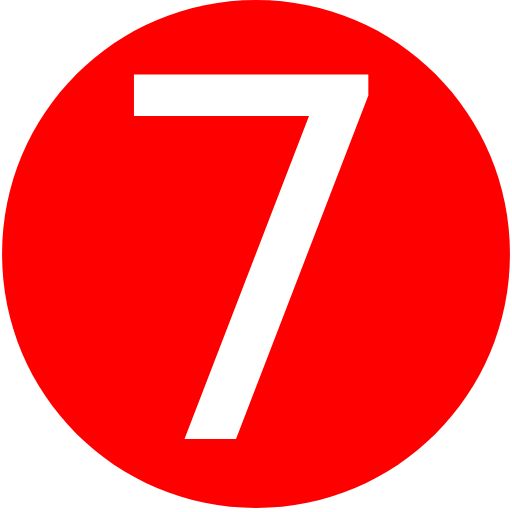 Novelty: Select the novelty for this activity. This describes how new and unusual or routine the activity is.
Novelty: Select the novelty for this activity. This describes how new and unusual or routine the activity is. Schedule: Click this to configure the scheduling for this activity. This impacts the Auto Scheduling for this activity.
Schedule: Click this to configure the scheduling for this activity. This impacts the Auto Scheduling for this activity.- Precedent Activity: Select an activity which must be completed before this activity can commence. This is an optional field.
- Estimated Effort: Specify the estimated effort to complete this activity.
- Availability: Select the expected time commitment for this activity. It can be either be:
- Fully occupied; meaning the assignee does not have any time for other activities during this period.
- Unoccupied; meaning the assignee can be assign other activities during this period.
 Related To: Click this to specify the relationships for this activity.
Related To: Click this to specify the relationships for this activity.- Milestone: Select a milestone which this activity belong to. This is an optional field.
- Risk Log and Mitigation Step: Select a risk log and mitigation steps which this activity is related to. This is an optional field.
 Action, Verify or Accept: Specify the action, verification and acceptance stages of this activity. Action stage is mandatory. It is recommended to also specify the verification and acceptance stages. However, they are optional.
Action, Verify or Accept: Specify the action, verification and acceptance stages of this activity. Action stage is mandatory. It is recommended to also specify the verification and acceptance stages. However, they are optional. Team: Select the team assigned to this activity. This is an optional field.
Team: Select the team assigned to this activity. This is an optional field. Assignee: Select the role assigned to this activity. This is an optional field.
Assignee: Select the role assigned to this activity. This is an optional field. Remove Checklist: Click this button to remove the checklist for the stage.
Remove Checklist: Click this button to remove the checklist for the stage. Checklist Area: This is where checklist is presented. See this guide to understand how to maintain a checklist.
Checklist Area: This is where checklist is presented. See this guide to understand how to maintain a checklist. Show Icon: Click this icon if you want to reveal this activity in the marketplace as a preview. If the icon is grey, then this activity will not be displayed until this product is purchased.
Show Icon: Click this icon if you want to reveal this activity in the marketplace as a preview. If the icon is grey, then this activity will not be displayed until this product is purchased. More Actions: Click this to either duplicate or delete an activity.
More Actions: Click this to either duplicate or delete an activity. - Precedent Activity: Select an activity which must be completed before this activity can commence. This is an optional field.
- Milestones are key points or significant events in a project that mark progress toward completion.

 Milestones: Click this button to show the list of milestones for this project template.
Milestones: Click this button to show the list of milestones for this project template. Add Milestone Button: Click this button to create a new milestone. Specify a short title for this milestone.
Add Milestone Button: Click this button to create a new milestone. Specify a short title for this milestone. See More Icon: Click this icon (>) to reveal the additional information you can enter for this milestone.
See More Icon: Click this icon (>) to reveal the additional information you can enter for this milestone. Description: Describe the milestone in greater detail. This is an optional field.
Description: Describe the milestone in greater detail. This is an optional field. Start After: Specify the when this milestone should commence.
Start After: Specify the when this milestone should commence. Target Duration: Specify the target duration for this milestone to complete.
Target Duration: Specify the target duration for this milestone to complete.
 Show Icon: Click this icon if you want to reveal this milestone in the marketplace as a preview. If the icon is grey, then this milestone will not be displayed until this product is purchased.
Show Icon: Click this icon if you want to reveal this milestone in the marketplace as a preview. If the icon is grey, then this milestone will not be displayed until this product is purchased. Delete Button: Click this to delete a milestone.
Delete Button: Click this to delete a milestone. - Risk Logs tracks the potential risks to a project, detailing each risk's likelihood, impact, and status. It helps project teams identify, assess, and mitigate risks throughout the project lifecycle.

 Risk Logs: Click this button to show the list of risk logs for this project template.
Risk Logs: Click this button to show the list of risk logs for this project template. Add Risk Log Button: Click on this button to create a new risk log. Specify a short title for this risk log.
Add Risk Log Button: Click on this button to create a new risk log. Specify a short title for this risk log. See More Icon: Click this icon (>) to reveal the additional information you can enter for this risk log.
See More Icon: Click this icon (>) to reveal the additional information you can enter for this risk log. Likelihood: Specify the likelihood of this risk happening during the course of the project.
Likelihood: Specify the likelihood of this risk happening during the course of the project. Impact: Specify the severity of this risk if it happens during the course of the project.
Impact: Specify the severity of this risk if it happens during the course of the project. Risk Log Description: Describe the risk log is greater detail. This is an optional field.
Risk Log Description: Describe the risk log is greater detail. This is an optional field.
 Add Mitigation Step Button: Click this button to create a mitigation step log. Specify a short title for this mitigation step.
Add Mitigation Step Button: Click this button to create a mitigation step log. Specify a short title for this mitigation step. Mitigation Type: Classify the type of mitigation step taken.
Mitigation Type: Classify the type of mitigation step taken. Remove Mitigation Step: Click this button to remove the mitigation step.
Remove Mitigation Step: Click this button to remove the mitigation step. Mitigation Step Description: Describe the mitigation step in greater detail. This is an optional field.
Mitigation Step Description: Describe the mitigation step in greater detail. This is an optional field. Show Icon: Click this icon if you want to reveal this risk log in the marketplace as a preview. If the icon is grey, then this risk log will not be displayed until this product is purchased.
Show Icon: Click this icon if you want to reveal this risk log in the marketplace as a preview. If the icon is grey, then this risk log will not be displayed until this product is purchased. More Actions: Click this to either duplicate or delete a risk log.
More Actions: Click this to either duplicate or delete a risk log. - Other marketing details for your product.

 Youtube Video Link: Specify a link to a short Youtube video to describe and promote your product. This is an optional field.
Youtube Video Link: Specify a link to a short Youtube video to describe and promote your product. This is an optional field. Product Availability: Specify whether the product is available in the mobile or web platform.
Product Availability: Specify whether the product is available in the mobile or web platform. Product Image: Specify a few images to illustrate your product in the marketplace. You are upload up to 7 images.
Product Image: Specify a few images to illustrate your product in the marketplace. You are upload up to 7 images. List Price: Specify the list price to appear in the marketplace.
List Price: Specify the list price to appear in the marketplace. Version: Specify the current version of this product. Once a product is published, you can either modify an existing product of the same version or increment the product to a different version. By incrementing the product version, a duplicated product will be created. You can therefore change the list price for the new version. You are not allowed to downgrade a lower version.
Version: Specify the current version of this product. Once a product is published, you can either modify an existing product of the same version or increment the product to a different version. By incrementing the product version, a duplicated product will be created. You can therefore change the list price for the new version. You are not allowed to downgrade a lower version. Free Upgrade: Specify the previous versions which are entitled for free upgrade to the current version. This only appears when you have older version of the product, previously published in the marketplace.
Free Upgrade: Specify the previous versions which are entitled for free upgrade to the current version. This only appears when you have older version of the product, previously published in the marketplace.
 Category: Specify the category the product belongs to for ease of searching. This is an optional field.
Category: Specify the category the product belongs to for ease of searching. This is an optional field. Sub Category: Specify the sub-category the product belongs to. This is an optional field.
Sub Category: Specify the sub-category the product belongs to. This is an optional field. Nature of Work: Specify the nature of work this product is applicable to. This is an optional field.
Nature of Work: Specify the nature of work this product is applicable to. This is an optional field. Tags/Keywords: Describe the keywords for customer to search this product easier in the marketplace. This is an optional field.
Tags/Keywords: Describe the keywords for customer to search this product easier in the marketplace. This is an optional field. Copyright Statement: Specify a copyright statement to be included with this product in the marketplace. This is to inform the licensing terms of your product. Eg: Mykongsi Sdn Bhd, Public Domain, etc
Copyright Statement: Specify a copyright statement to be included with this product in the marketplace. This is to inform the licensing terms of your product. Eg: Mykongsi Sdn Bhd, Public Domain, etc Copyright Prefix: Specify if the word Copyright © appears before the Copyright Statement. Eg: Copyright © Mykongsi Sdn Bhd. Please use this only when you are certained that you have copyright over this product.
Copyright Prefix: Specify if the word Copyright © appears before the Copyright Statement. Eg: Copyright © Mykongsi Sdn Bhd. Please use this only when you are certained that you have copyright over this product.